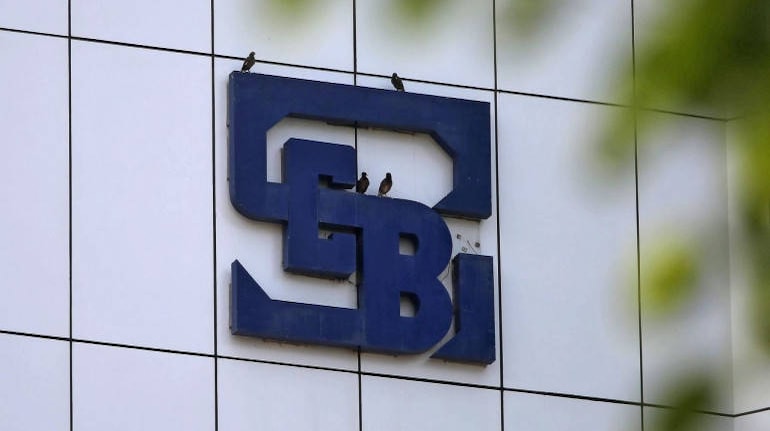
Capital and commodities market regulator SEBI is expected to review regulatory framework for credit rating agencies and finalise norms for listing of Securities Receipts of Asset Restructuring Companies at its next board meeting scheduled for December 28.
SEBI is also expected to re-introduce the clause for listed companies to disclose defaults on payment, sources told Moneycontrol.
SEBI will review the regulations for credit rating agencies (CRA) on the basis of public comments. The regulator had come out with a consultation paper on the same in September.
As per the proposals, no CRA will be allowed to hold directly or indirectly more than 10 percent stake or have voting rights or have representation on the board of another CRA. However, it shall not apply to holdings by broad base domestic financial institutions. Acquisition of shares and or voting rights in a CRA resulting in a change in control of the entity may be permitted only with prior approval of SEBI.
The board will also make a decision on raising needed net worth requirement of a CRA from Rs 5 crore to Rs 50 crore. Also, details of the non-accepted ratings, disclosed on the website of the CRAs, may be made available only for a period of 6 months of such disclosure.
Sources told Moneycontrol that SEBI is planning to allow Alternative Investment Funds and Qualified Institutional Buyers to trade the Securities Receipts (SRs) of Asset Restructuring Companies. The regulator wants to make this product available only for sophisticated buyers.
This will give a big boost to banks and ARCs for recapitalising the distressed asset. In the Budget 2017, the government allowed listing of SRs on stock exchanges for improving capital flow into the securitisation industry, which in turn will help the banking system in dealing with the bad loans problem.
Disclosure of defaults on payment by listed firms
The regulator introduced this norm earlier this year but withdrew it just before the date of implementation due to enormous pressure from banks and corporates.
As per the rule, listed entities were asked to inform exchanges if the default on payment of interest or repayment of principal amount on loans from banks or financial institutions.
Now, the SEBI board is likely to re-introduce the same but the disclosure procedure may be relaxed.
The regulator is also expected to amend regulations for Registrar and Transfer Agents (RTAs) that have been in place for decades.
SEBI is now keen to have banks and companies maintain records of investor transactions too. This and a number of other proposals were floated by the market regulator in the meeting it held last week with bank officials, RTAs, and depositories. The market regulator is also known to have come up with the idea of increasing the time-period from 3 years to 8 years for which such records are maintained.
This will ensure that only serious players come forward to be an RTA. SEBI may make it mandatory for an RTA to appoint an internal auditor who will assess the work of the RTA. It is believed that erring RTAs, whose job is also to ensure that investors receive dividends and bonus shares on time, will now fall in line. SEBI will stem the illegal practice of investors transferring dividends to another person on his behalf to avoid paying taxes.
Currently, a shareholder can transfer his dividend to another person by his order. Along with that norms for shareholding and governance in the Mutual fund will also discuss in the board meeting.
SEBI is also likely to create a full-time post of Chief Vigilance Officer, and make amendments to Investment Advisor regulations on the basis of public consultation paper which was issued in June this year.
Discover the latest Business News, Sensex, and Nifty updates. Obtain Personal Finance insights, tax queries, and expert opinions on Moneycontrol or download the Moneycontrol App to stay updated!
Find the best of Al News in one place, specially curated for you every weekend.
Stay on top of the latest tech trends and biggest startup news.